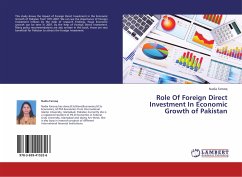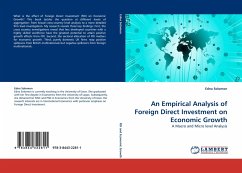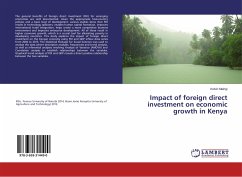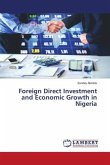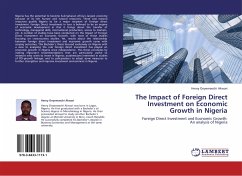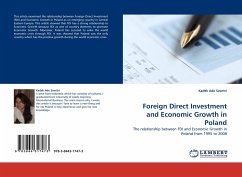As an engine of economic development for developing countries, foreign direct investment (FDI) inflows have contributed for creation of technology transfer to local firms and managerial know-how; have had positive effects on exports and access to external markets. It is also argued that FDI will contribute to economic growth and hence generate more jobs. Driven by this, the government of Tanzania has attempted to attract FDI in the 1990s by offering generous incentives to achieve this target. This book, therefore, provides a new insights into the fields of economics and international business. The employment effect of FDI and gross domestic product (GDP) in Tanzania for the period 1990 to 2008 is analyzed empirically using SPSS. The analysis should help shed some light into FDI and economic growth and their impact on employment creation in Tanzania, and should be especially useful to multinational corporations in developed and developing countries. It is also likely to be of interest to policy makers and development practitioners in government, non-government organizations and in the the donor community.
Bitte wählen Sie Ihr Anliegen aus.
Rechnungen
Retourenschein anfordern
Bestellstatus
Storno


